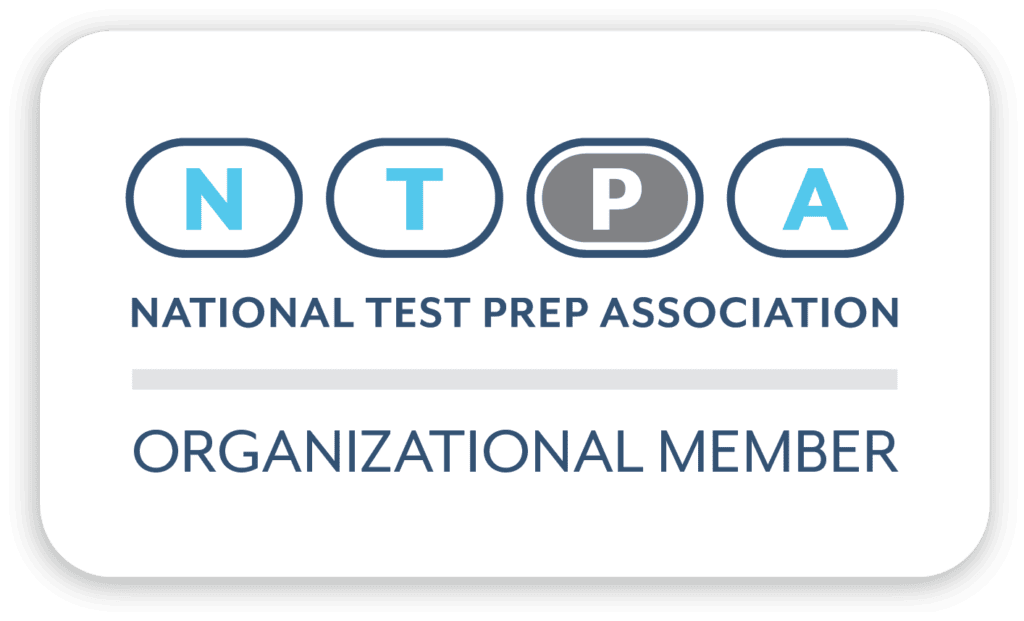Choosing your college major can feel like one of the most important decisions you will make – and it can certainly change the trajectory of your life. However, for many high school students, the process of choosing a major can feel daunting, and they may need to spend some time exploring different paths before committing to one. We sat down with Jennifer Stephan, Ph.D., to answer the important question: what do you need to know if you do not know what you want to major in when applying to college?
What are college majors?
Before we discuss undecided majors, let’s first define college majors. College majors, also known as concentrations, typically account for about a third of a student’s college course load. These majors will specify a student’s main field of specialization during their studies.
If majors make up approximately a third of a student’s classes, general education requirements or core classes may account for another third of required classes. Think of these as depth and breadth requirements that give students a strong basis of knowledge and exposure, says Stephan.
The remaining third of classes allow space for another major, a minor concentration (which typically requires less coursework than a major), or further academic exploration within or beyond one’s major.
How can a high school student explore potential majors?
Many students go off to college each year not knowing their intended major – and given a student’s age, this is entirely appropriate, Stephan reassures us.
However, there are several helpful ways to support students in high school as they navigate their path toward discovering their passions.
The process of elimination can be an effective starting point. Have your student reflect on what they don’t want. “Maybe they don’t know what they do want to major in, but they know some things they don’t want to major in,” Stephan says. By identifying areas or subjects that they have no interest in pursuing, students can begin to narrow down their options and focus on the areas that do intrigue them.
A student’s high school experience itself provides valuable information about their interests and strengths. Identifying subjects or activities in which a student finds joy and curiosity is one of the best ways to hone in on potential majors or general fields of study.
When possible, students should explore books, blogs, podcasts, and documentaries related to various fields and career paths. If a student thinks that they want to be a marine biologist, it’s important to spend some time understanding what a marine biologist actually does! This self-directed exploration helps to broaden a student’s understanding of the world and can empower them to envision different possibilities for themselves.
There are many online tools available to help students explore majors and careers. Stephan suggests using personality assessments such as the Myers-Briggs Type Indicator (MBTI) for additional perspective, and resources like MyMajors can help guide students toward potential majors based on their interests and strengths.
Summers, while often jam-packed, are a great opportunity for a student to explore different fields, and you don’t have to spend a lot of money on fancy ‘pre-college’ courses, either. Volunteering in a context related to an academic interest is a wonderful way for students to make a contribution while also learning more about the realities of different fields. Internships and summer jobs can provide valuable networking in addition to offering students real-world experience. It’s important to note that these opportunities are often quite sought-after, so students should plan to apply early and submit applications to several positions.
During this exploration process, students should keep an open mind. Our most important discoveries can be those that surprise us, and many students are surprised to discover that certain majors even exist, from fermentation science and digital mapping to bakery science and costume technology.
So, where can students find a list of these options? The Bureau of Labor Statistics provides information about various careers and the education required for specific fields. Websites like College Board’s Big Future or What Can I Do With This Major also help students explore different majors and understand their associated career paths.
What does it mean to be an undecided student applying to college?
Not every student arrives at college with a predetermined career path – and many colleges across the US recognize and honor this and support undecided students in the application process and beyond. It’s okay if you don’t feel comfortable determining your major before you apply.
A significant number of institutions across the US offer programs specifically designed for undecided students. Students in these programs, which are often housed within the College of Arts and Sciences, have the freedom to explore a wide range of academic disciplines before committing to a major. Students can learn about a school’s options for undecided students by visiting the college’s website or contacting their regional admissions representative.
Some colleges are less flexible and require or strongly encourage students to declare a major and apply to a specific school within the college. These institutions may not be the best fit for undecided students, as they may lack the flexibility and support necessary to explore different academic interests.
When searching for universities, take the time to learn about their academic advising program. Advisors help students navigate the school’s various resources and can better guide them through the exploration process. “When I work with an undecided student, I look for those schools that are going to support them and provide academic advising and also the flexibility, the curricular flexibility, to explore academic interests,” Stephan said. Curricular flexibility can include opportunities for interdisciplinary studies, ease of switching majors and schools, the flexibility of degree requirements, research experiences, and internships. These types of experiences can help undecided students gain exposure to different fields – further helping them determine what major they will ultimately pursue.
Is being undecided a disadvantage when applying?
Applying to university as an undecided student may or may not be a disadvantage, depending on the institution.
When applying undecided, it’s critical to take the time to research a college’s perspective on undecided students. Certain colleges or universities have a strong emphasis on declared majors from the start. They may require students to apply directly to a specific program or have limited flexibility in changing majors down the line, and applying undecided may decrease the likelihood of being admitted or even be possible. Other colleges provide undecided students with ample opportunities to engage in self-discovery and intellectual exploration and will welcome and encourage undeclared students. If you are undecided and yet you feel set on a college that requires applicants to choose a major, it is worth asking whether this college is a good fit in the first place.
How do I know if an institution is supportive of undecided students?
It can be difficult to fully understand whether specific institutions are supportive of undeclared majors – but there are specific factors and methods you can use to figure it out.
First: check the university’s website. On some websites, a college will explicitly state its support for undecided students. MIT’s website, for example, is quite clear: “When you’re admitted to MIT, you’re admitted to the entire Institute. We don’t ask you to decide your major, your minor, or even your eventual calling.”
If a college doesn’t explicitly state anything about undecided students on its admissions page, dig a little deeper into its policies and requirements for declaring a major. Some majors may be restrictive or unclear, while others may be more flexible.
While campus tours can be informative and helpful, tour guides may not always have in-depth knowledge about support for undecided students. Reaching out to regional admissions officers can help provide insights about the institution’s support services, resources, and advising programs available to undecided students.
Last but not least, consider reaching out to current students or alumni who were undecided during their college experience. They can provide firsthand perspectives on the level of support they received and how the institution facilitated their exploration of different majors.
How does an undecided student hone in on a major when they start college?
Congratulations! You’ve been accepted to university as an undecided major… Now what? There are many resources you can leverage to start to focus on a specific field of study during your first few semesters on campus.
First and foremost, take advantage of the many resources available on campus. This includes visiting the career center, attending talks or events hosted by various departments, and connecting with other students and alumni to learn more about their experiences. You don’t have to overload yourself, either, Stephan says. Consider setting aside just one hour a week to dedicate to your exploration process.
Secondly, take a diverse range of classes across multiple disciplines that interest you. This experience not only allows you to get a sense of what it might be like to pursue a certain course of study but also allows you to meet other students who may have valuable perspectives to share.
Your academic advisor and the career center are invaluable on-campus resources for undecided students, but don’t forget about your professors! Professors, teaching assistants, and graduate assistants can offer guidance, share their own experiences, and connect you with interesting opportunities. Take advantage of office hours, even if you don’t have a specific question or problem to discuss.
Lastly, look beyond the classroom. Attending job fairs or workshops, going to meetings for organizations connected to professional interests, joining a club, and taking on work-study or a part-time job can all contribute to your process of answering that important question: what do I want to be when I grow up? Just remember that your answer right now doesn’t have to be your final answer.
Happy exploring!
Jennifer Stephan, Ph.D. has spent her almost 30-year-long career in higher education helping young adults achieve their academic and personal goals. To learn more about how Jennifer can help your student navigate the college admissions process, visit Lantern College Counseling.






